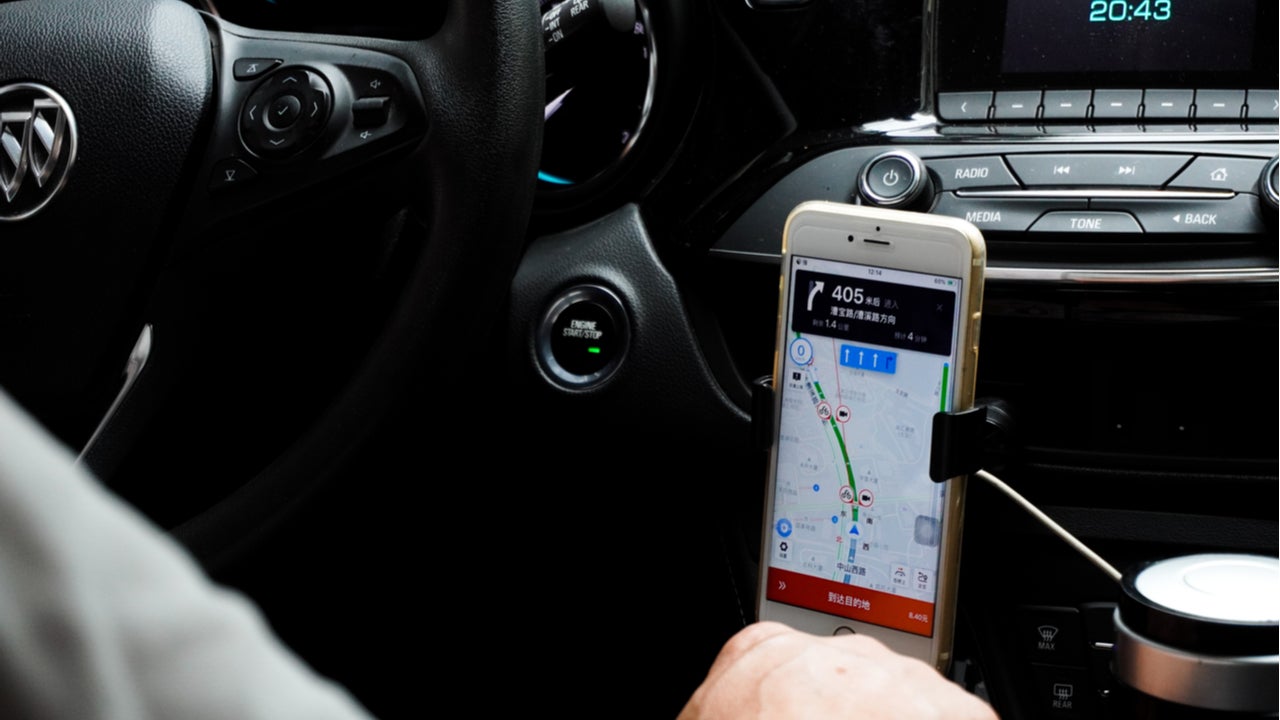
Chinese authorities have tightened scrutiny on ten ride-hailing platforms, including Didi Chuxing and Meituan, urging them to charge commissions more fairly and transparently. This is the latest step in Beijing’s efforts to reign in the power of the country’s tech giants and internet platforms.
A group of eight regulators, including the Ministry of Transport, the Cyberspace Administration of China and the Ministry of Industry and Information Technology, interviewed executives from the various platforms on Friday and warned them to rectify malpractices such as unfair pricing.

Access deeper industry intelligence
Experience unmatched clarity with a single platform that combines unique data, AI, and human expertise.
CNR reports that in March of this year, the Ministry of Transport grilled Didi Chuxing on its practices, claiming that the ride-hailing platform’s recent preparations for adjusting its business strategy “have been inadequate, that communication and evaluation measures have not been in place, and that their actions are suspected of infringing the legitimate rights and interests of drivers.”
Beijing’s latest move against ride-hailing platforms highlights authorities’ endeavours to control the growing importance of the gig economy, which employs and serves millions nationwide across China.
Much of the ride-hailing market is dominated by SoftBank-backed app Didi Chuxing, which has driven Uber out of China and which has confidentially filed for an initial public offering (IPO) in which it plans to raise as much as $80bn, according to GlobalData’s deals database.
An investigation by Xinhua News shows that the commission Didi Chuxing has recently charged its drivers has been significantly higher, ranging from 20% to 35% and sometimes even reaching a maximum of 50%. This means that half of passengers’ payments go to the platform.

US Tariffs are shifting - will you react or anticipate?
Don’t let policy changes catch you off guard. Stay proactive with real-time data and expert analysis.
By GlobalDataAccording to data provided by Didi Chuxing, the share paid out to drivers amounts to approximately 79.1% of the prices paid by passengers. The remaining sum includes passenger subsidies, corporate operation costs and taxes. In response to the criticism, the company said that it would continue to promote openness and transparency of its platform pricing and that a specialised committee would continue to solicit the opinions of its drivers.
Apart from Didi Chuxing, the remaining nine platforms under scrutiny are Shouqi Taxi, CaoCao Travel, Meituan Travel, T3 Travel, Gaode, Tide Travel, Man Bang, Huolala and Kuaigou Taxi.
This follows a series of measures taken by Chinese authorities to clamp down on the ever-increasing power of the country’s tech titans. In April, companies including Tencent, Baidu, ByteDance and Alibaba were hit with fines by antitrust regulators in an effort to untangle and scrutinise the companies’ acquisitions.
China’s crackdown on ride-hailing apps mirrors a similar stance taken by governments in the West. In March, Uber reached a court settlement in the UK in which it agreed to qualify its 70,000 UK drivers as employees, entitling them to minimum wage, holiday pay and, in some cases, a pension scheme.







